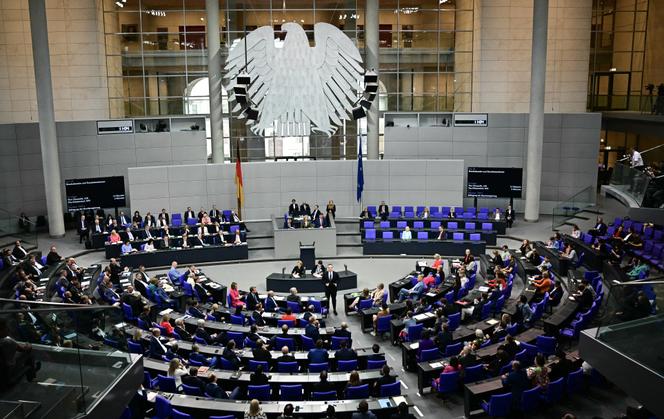


Germany's public finances present a paradox: While the government opened the floodgates to borrowing in the spring to bolster defense and infrastructure, it has struggled to balance its regular budget. Like Paris, Berlin has looked for tens of billions of euros in savings.
The problem is structural: Social accounts, weakened by five years of sluggish growth and an accelerating aging population, have increasingly squeezed room for maneuver. As a result, Chancellor Friedrich Merz declared at the end of August that the welfare state is "no longer economically sustainable with what we are producing as a national economy" and called for an "autumn of reform," launching a wide-ranging national discussion.
While the coalition parties – the center-right Christian Democratic Union and Christian Social Union in Bavaria (CDU/CSU) and the center-left Social Democratic Party of Germany (SPD) – differ on the direction of reform, there is a broad consensus on one key point: Without change, Germany's public finances will soon hit a wall.
"Germany's social spending amounts to €1.3 trillion per year: 60% of that, or €800 billion, goes to pension, health and disability insurance. The social budget, that is, the share of gross domestic product devoted to social spending, currently stands at 31% – two percentage points higher than the average in the 2010s," explained Andreas Peichl, an economist at the Ifo Institute. This gap represents an additional €90 billion that the country must devote to social spending compared to the 2010s.
You have 69.46% of this article left to read. The rest is for subscribers only.
